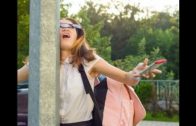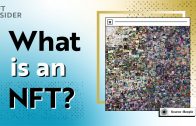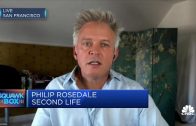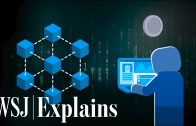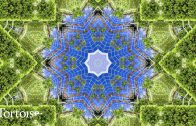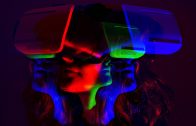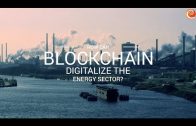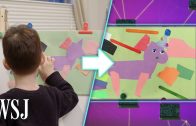Virtual Cities v Real Worlds
Debate sponsored by Zaha Hadid Architects in association with the Academy of Ideas
With cities under lockdown, centres deserted, jobs under threat, transport suspended, what is the future of the physical city compared to the ease of virtual connectivity? Do the environmental benefits of online engagement outweigh the need for face-to-face contact; or is there a compromise to be had?
In 1937, the American historian, Lewis Mumford observed that cities have always been “theatres of social action” where ordinary citizens come together for leisure, to exchange ideas, to argue, to partake in or simply to observe a wide range of activities and events. In 1971, Alvin Toffler published his influential book, The Third Wave in which he predicted that we would de-urbanize and work from “electronic cottages” – unattached to the city and thus achieving a better work-life balance.
With the rise of the internet it seemed that Toffler’s predictions would come true. Many worried that we would lose urban connectivity and sociability but in fact, face-to-face contact increased; laptop nomads met in coffeeshops, urban populations grew, and metropolitan centres thrived.
The evolution of Smart Cities that incorporated networked, intelligent systems ‘to make life better’, raised questions about the transformation of a city into a mere spreadsheet of travel apps, feedback loops, monitoring cameras, data gathering, state admin, private tech, and personal information repositories. Geoff Mulgan celebrated electronic networks becoming “tools of conviviality within cities”, while Richard Sennett was concerned that the city was becoming “too user-friendly, too ‘friction-free’.” Were Smart Cities starting to lose sight of the theatre of social action? Were datasets being prioritised over real lived experience?
Now, the coronavirus has closed physical space and forced us to retreat to the virtual. Face-to-face civic engagement has been replaced with private isolation; public life reduced to zoom chats. The consequence of online learning seems to be reducing the ability of many parents to go out to work, but is also impacting on school communities and university towns? While some argue that working from home is a liberation, others find that teleconferencing is more alienating than the physical commute. We have retreated to the home but is our window on the world lively, engaging and rewarding, or passive and unfulfilling?
The public square clearly represented more than just a physical space, it was a space of open enquiry, which, we were told could be carried out remotely. But that too is being closed down with Facebook, Google and Twitter parsing public views through their fact-checking acceptability filters.
This session asks whether the promise of the virtual world remains unfulfilled or is the physical city simply more real and more humane.
SPEAKERS:
Maria N. MacDonald, Executive Director, the Center for the Living City, Pennsylvania;
Patrik Schumacher, director, Zaha Hadid Architects;
Julie Alexander, Director of Technology and Innovation, Places for People;
Alastair Donald, associate director, The Academy of Ideas, and co-author, The Future of Community;;
chair: Austin Williams, director, Future Cities Project.
Donations to http://futurecities.org.uk/2020/06/19/donations/
Letters on Liberty – https://academyofideas.org.uk/letters-on-liberty/
